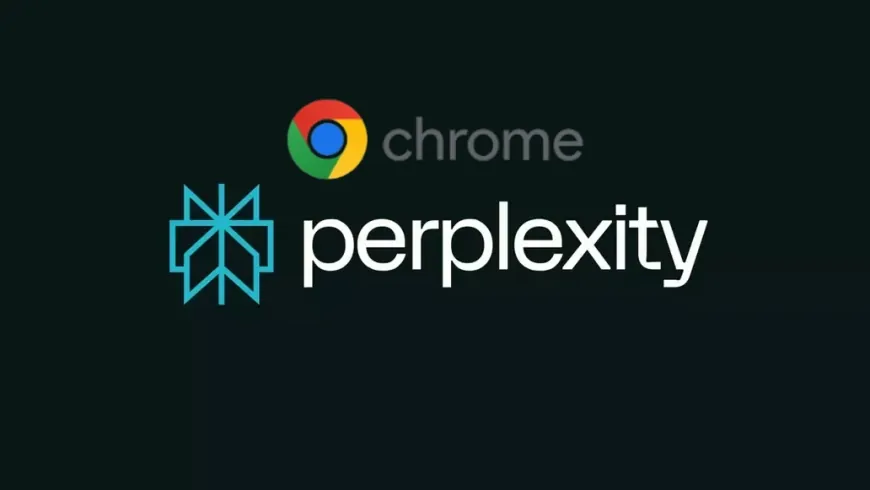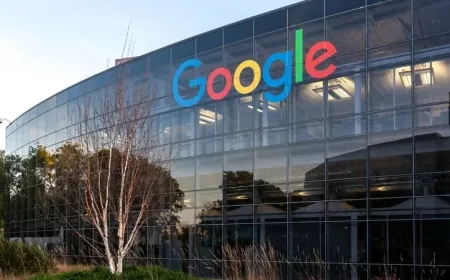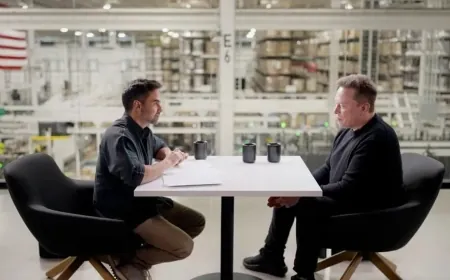Perplexity Makes $34.5B Offer to Buy Google Chrome
Perplexity offers $34.5B for Google Chrome, pledging $3B for open-source development under DOJ order for Google to sell the browser.

San Francisco, August 13, 2025 — AI search engine company Perplexity has made a bold $34.5 billion cash bid for Google’s Chrome browser, offering one of the largest acquisition proposals in the history of consumer software.
The offer, confirmed by Perplexity on Tuesday, comes with three commitments: to keep Chrome’s open-source Chromium engine freely available, to invest $3 billion in its future development, and to leave Google Search as the default for existing users. The company says these pledges are designed to reassure regulators and Chrome’s estimated 3.5 billion users that there will be no disruption to the browser’s core experience.
A Browser at the Heart of a Monopoly Case
Chrome has been central to Google’s dominance in the search market for over a decade. The browser’s deep integration with Google services — including Gmail, Drive, and YouTube — has helped the company secure its position as the world’s leading search provider.
In March, a federal judge ruled that Google had illegally maintained a monopoly in online search, siding with the U.S. Department of Justice after a multi-year investigation. The DOJ’s proposed remedy includes forcing Google to sell Chrome, a measure the court could finalize as soon as this month.
Google has pledged to appeal and has made no public indication that it is willing to part with Chrome, which accounts for about 68% of the global browser market, according to Statcounter. Regulators argue that Google’s control over both the dominant browser and the default search engine gives it a structural advantage that blocks competitors from gaining market share.
Price Tag Below High-End Estimates
Industry analysts place Chrome’s value between $45 billion and $50 billion, meaning Perplexity’s $34.5 billion offer is competitive but potentially below what the market might expect if a bidding process is triggered.
Perplexity’s own financial capacity is far smaller than the size of its bid. The startup has raised about $1.5 billion since its launch and was last valued at $18 billion following a $100 million funding extension in July. Any successful purchase would likely require significant outside financing, either through debt, equity partnerships, or a combination of the two.
Despite the gap, Perplexity’s proposal puts it in the front line of potential buyers should regulators order Chrome’s divestiture.
Strategic Leap for Perplexity
Perplexity’s move reflects its ambition to compete with both traditional search engines and AI-powered platforms. Last month, the company launched Comet, its own browser designed to integrate AI search into the browsing experience from the ground up.
Acquiring Chrome would give Perplexity an immediate global distribution channel, bypassing the need to grow Comet from scratch. It would also position the company to challenge rivals like Microsoft’s Edge and Apple’s Safari — though its decision to keep Google Search as the default suggests Perplexity is prioritizing regulatory approval and user retention over immediately switching to its own search product.
The company has also been linked to other high-profile potential deals, including a reported bid to merge with TikTok, signaling that its growth strategy extends well beyond search.
Potential for a Global Bidding War
If the court orders Chrome’s sale, it is expected to attract a range of suitors — from major technology firms to private equity investors — given its market reach, brand recognition, and revenue potential.
Such a sale would be one of the most significant forced divestitures in technology history, drawing comparisons to the AT&T breakup in 1984, which reshaped the U.S. telecommunications landscape. The outcome could alter not just the browser market but the competitive balance in global search and online advertising.
Google has not responded to the offer. The court is expected to outline divestiture terms later this month, a decision that could determine whether Chrome stays under Google’s control or is opened to bids from multiple global buyers. Any sale would rank among the largest in the history of consumer software and could shift market share in both the browser and search sectors within months.
Also Read: OpenAI and Yahoo Battle to Buy Google’s Chrome as Antitrust Trial Heats Up
































































